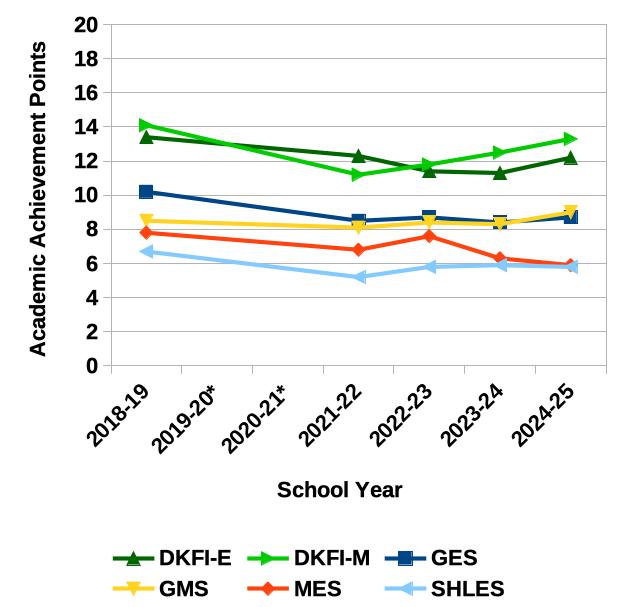On Monday, November 15, the Greenbelt City Council produced a working list of police reforms to be voted upon at the November 22 council meeting. This list was based upon a concurrence of the following sources: Councilmember Colin Byrd’s October 10 police reform proposal (itself derived from Byrd’s Fair and Just Policing Act proposal from 2020), the May 5 Public Safety Advisory Committee (PSAC) report on this proposal and responses to these proposals from Greenbelt Chief of Police Richard Bowers. Amendments to these proposals from Councilmember Judith Davis and remarks from PSAC’s Stan Zirkin were also considered. The majority of the proposals had full agreement between all parties, with a handful requiring further discussion. These proposals, once voted in, would be used to modify General Orders, which are the day-to-day policies of the Greenbelt Police Department.
Some of the major areas of this working list are: an improvement of language in General Orders regarding the priority of de-escalation tactics; retraining or reassigning officers who have used excessive force; protection of whistleblowers; limited use of no-knock warrants in accordance with 2021 state police legislation; a mandate for officers to identify themselves when “forcibly entering a premise”; a report on data from 2017 to 2019 on the race and gender of juveniles charged; allowance of lawful recording of police incidents by civilians; proper review and documentation of all complaints; discipline, including termination, for all officers who fail to use or who turn off their body cameras; require hiring a recruiting consultant to increase diversity in the department; ensure that, for all traffic stops, the complete information on either paying the fine or contesting in court be provided, with Spanish translation made available; and a General Order emphasizing a “protect and serve” rather than a “law and order” mindset.
No-knock Warrants
The use and necessity of no-knock warrants was debated. Bowers informed council that the department cannot perform them, this being the purview of the county and state, but can refuse to participate if a no-knock warrant violates procedure. However, they cannot prevent it from occurring. Bowers stated that the no-knock warrant, which now requires several levels of approval, should be used only if absolutely necessary, but should continue to be available if the situation requires it. Councilmember Rodney Roberts felt they should be banned completely, as there are more effective and safer strategies. Most of council felt that they should be used only in extreme cases, to prevent loss of life or the covering up of evidence.
Body Cam Issues
An important issue requiring future review was the length of time for the release of body camera footage. In the past, a number of suggestions have been made, from 30 to three days. In discussion, 14 days emerged as a reasonable deadline, as it would allow the necessary redaction of private, unrelated content. Bowers said that in the case of a serious incident, such as use of force or a fatality, a quicker release time is feasible. He cautioned though that the release of footage in this case may be reliant on the investigative needs of the county or state legal apparatus.
Currently, officers must verify camera functioning prior to service and notify a supervisor for a replacement if needed. Bowers had not heard of an incident in the department where an officer deliberately turned off a camera.
Personal Data
Byrd’s proposal and Davis’ amendment for the personal data collection on all stop-and-frisks based on suspicion be tabled, as the department does not have the current capacity to provide this. Bowers said that he is exploring this capability.
Bowers explained some of the legal avenues for police in detaining a civilian, including the terry stop, which is solely a weapons search for someone if there is a suspicion that can be articulated and the consensual pat-down requiring agreement from a civilian. If there is no reason to detain someone, personal information cannot be gathered by state law. This contrasts with a traffic stop which is a legal detainment, requiring personal information.
Currently a citation includes information for payment or legal recourse, but council would like to explore if additional notification, like a separate card, is called for.
Staffing
Council, PSAC and Bowers were all in agreement on the need for more diversity in personnel, but first and foremost wanted the most qualified candidates, a sentiment echoed by several members of the public. Bowers explained that the applicant pool is lower than desired to fill needed vacancies, but added that recent hires have improved the department’s demographic standing.
Retention of current staff is a priority, with an assessment of the department’s salary level and benefits needing scrutiny.
Still Needed
Some of the other areas that will receive further discussion before a vote are the ban on detaining someone who is not suspected of a specific crime and interview procedures for juveniles.
Greenbelt is awaiting guidance resulting from the recent state police reform legislation that will lead to new policies and training. Yet, Mayor Emmett Jordan was eager to take action on some “concrete and tangible” efforts in the meantime.



